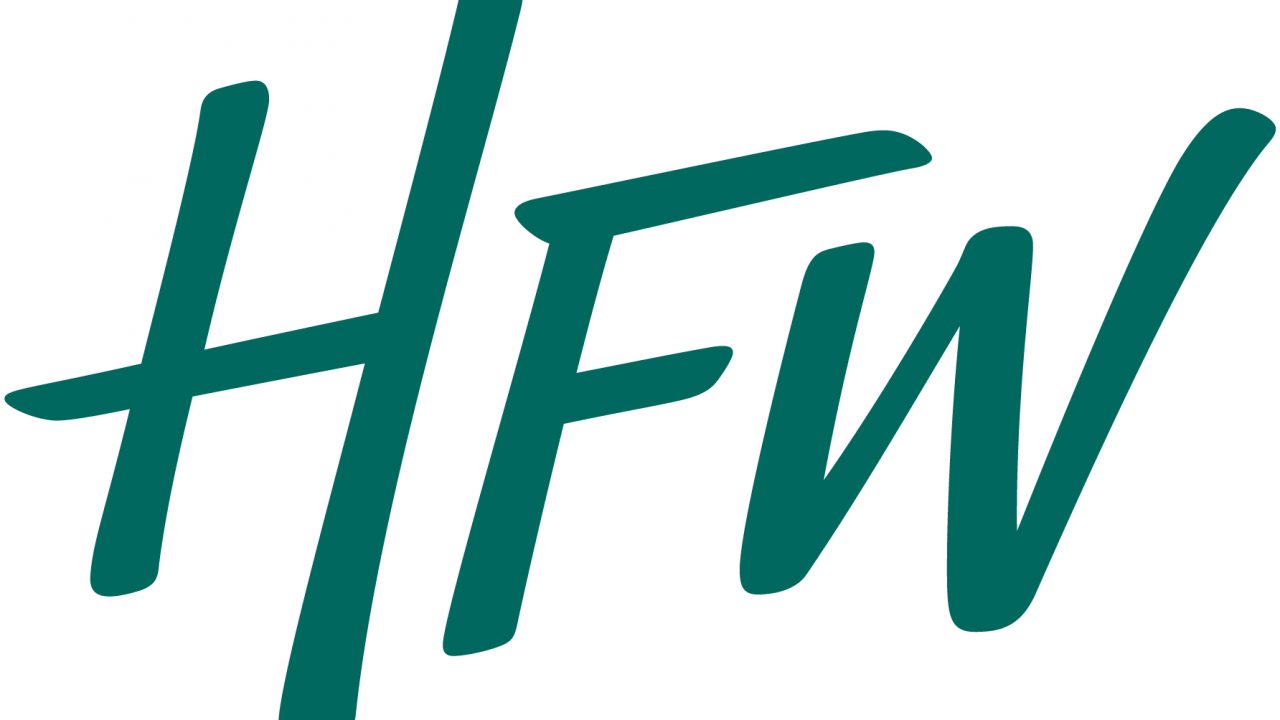Posted on: 9 April 2020
International law firm HFW, has issued an update describing the exceptional measures taken by the European Commission to assist sectors which are severely affected by the coronavirus disease outbreak (COVID-19). It is relevant to all businesses which have been particularly hard hit including aviation, transport, tourism, hospitality and retail.
State aid Temporary Framework
On 19 March 2020, the European Commission adopted a State Aid Temporary Framework to enable EU Member States to use the full flexibility foreseen under EU State aid rules to support the economy in the COVID-19 outbreak. The purpose of the Temporary Framework is to enable Member States to ensure that sufficient liquidity remains available to businesses of all types and to preserve the continuity of economic activity during and after the COVID-19 outbreak.
The State aid Temporary Framework is based on Article 107(3)(b) TFEU. Article 107(3)(b) TFEU enables EU Member States to compensate companies for the damage directly caused by exceptional occurrences, such as those caused by the COVID-19 outbreak. The European Commission has explicitly recognised that the COVID-19 outbreak qualifies as such an exceptional occurrence in the EU and that it has caused a serious disturbance to the entire EU economy.
To remedy such disturbance, the State Aid Temporary Framework provides for five types of State aid measures which are to be declared compatible with the internal market under Article 107(3)(b) TFEU:
- Direct grants, selective tax advantages and advance payments: Member States will be able to set up schemes to grant up to €800,000 to a company to address its urgent liquidity needs.
- State guarantees for loans taken by companies from banks: Member States will be able to provide State guarantees to ensure banks keep providing loans to the customers who need them.
- Subsidised public loans to companies: Member States will be able to grant loans with favourable interest rates to companies. These loans can help businesses cover immediate working capital and investment needs.
- Safeguards for banks that channel State aid to the real economy: Some Member States plan to build on banks’ existing lending capacities, and use them as a channel for support to businesses – in particular to small and medium-sized companies. The State aid Temporary Framework makes clear that such aid is considered to be direct aid to the banks’ customers, not to the banks themselves, and gives guidance on how to ensure minimal distortion of competition between banks.
- Short-term export credit insurance: The State aid Temporary Framework introduces additional flexibility on how to evidence that certain countries are non-marketable risks, thereby enabling short-term export credit insurance to be provided by the State where needed.
The State Aid Temporary Framework therefore includes a number of safeguards to ensure that negative consequences to the level playing field in the Single Market are limited. By way of example, it links the subsidised loans or guarantees to businesses to the scale of their economic activity, by reference to their wage bill, turnover, or liquidity needs, and to the use of the public support for working or investment capital. The aid should therefore help businesses to weather the downturn and to prepare a sustainable recovery.
The State Aid Temporary Framework will be in place until the end of December 2020. With a view to ensuring legal certainty, the European Commission will assess before that date whether an extension is required.




